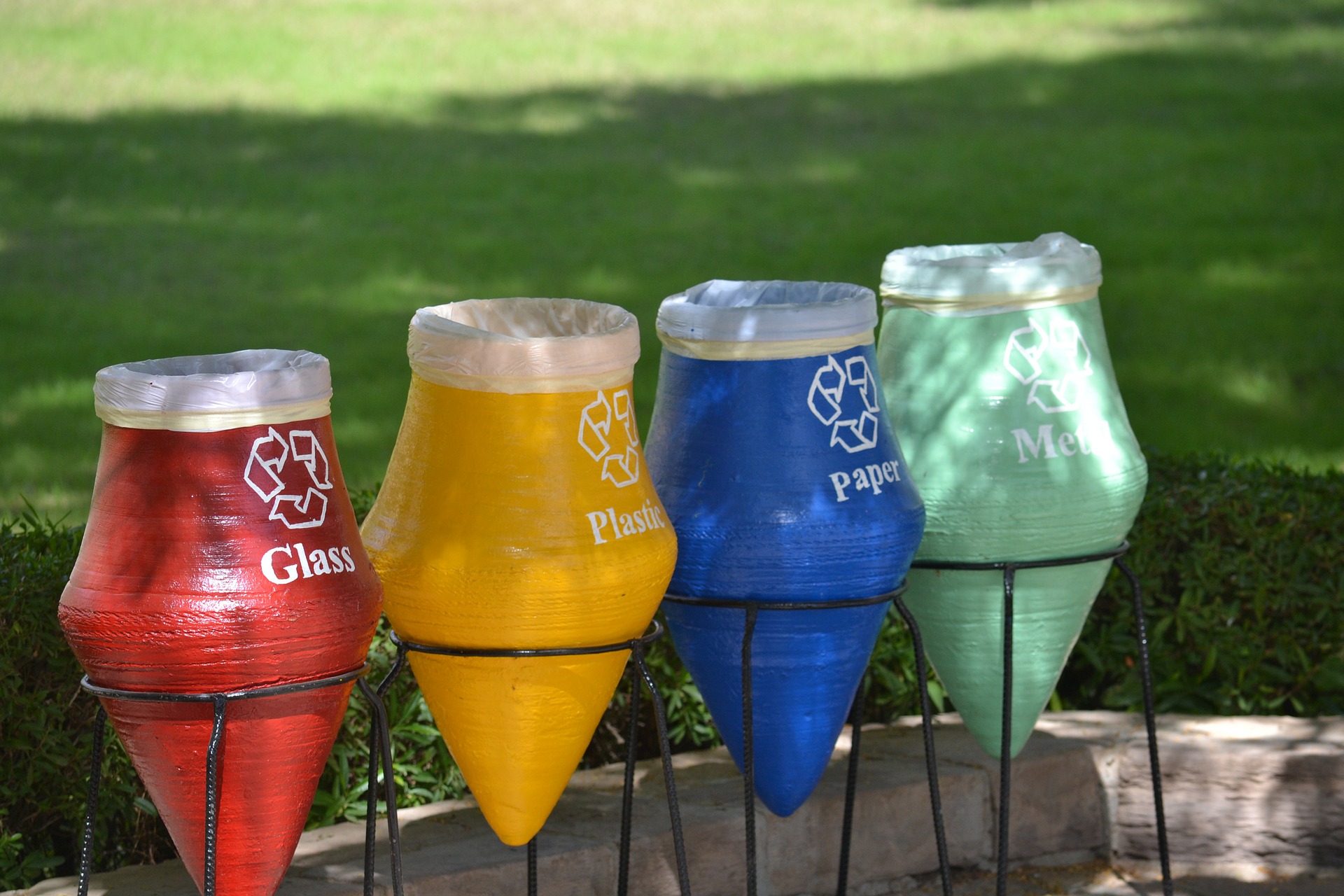5 ways to become a Recycling Rock Star
Every year, the earth yields billions of tons of natural resources to transform into consumables. At some point, there will be nothing left - www.globalrecyclingday.com
Sending perfectly good materials to landfill is crazy. What’s even crazier is that 70% of rubbish that Australian’s send to landfill could be repurposed or recycled.
Here are five simple steps to help stop this insanity:
1. know your recyclables
There is a lot of misinformation and subsequent confusion surrounding what can and can’t be recycled. What further adds to this confusion is that each town/city can have different recycling capabilities - items or materials that can be recycled in once place, may not be accepted in another.
ACTION: Go straight to the horses mouth and contact your local council who can provide this information. In most cases this is freely available on their website.
2. one councils trash is another persons treasure
Just because an item is not accepted though your residential recycling program, doesn’t mean that it is doomed for landfill. Items such as batteries, paint, electronics, furniture, textiles, wood can all be given a second life through other innovative ‘hard-to-recycle’ companies such as Terracycle or buy-sell sites such as eBay, Gumtree or Trade Me
Additionally, food can be composted.
ACTION: Audit your trash can to check what items can be recycled or reused through other means.
3. who are the VIP’S?
Everything that can be recycled, should be recycled. But like most things in life, there is a pecking order. This extends to the recycling bin and it’s important to know who is ruling the roost. Glass and aluminium can be recycled infinitely without degrading their purity or quality. In addition, recycling aluminium saves more than 90 percent of the energy needed to make it from scratch. Most plastics on the other hand are turned into plastic pellets through a process which compromises the integrity of the material turning it into a lesser form of its orignal product.
ACTION: Favour purchasing items in glass, aluminium and cardboard over those in plastic
4. No can gets left behind
Once you know what can be recycled, give that item the best chance of being recycled.
ACTION: Put recyclables in the correct bin - rinsed out, free from food residue, labels removed etc
5. Rethink
Still have items left over that cannot be recycled or re-used? Here are a few questions to ponder when replacing or buying new items:
1. Do I need this item?
2. Can I purchase this item in bulk using reusable containers, therefore eliminating packaging?
3. Can I purchase this item in recycled packaging or valuable recyclable material such as glass, aluminium or cardboard?





